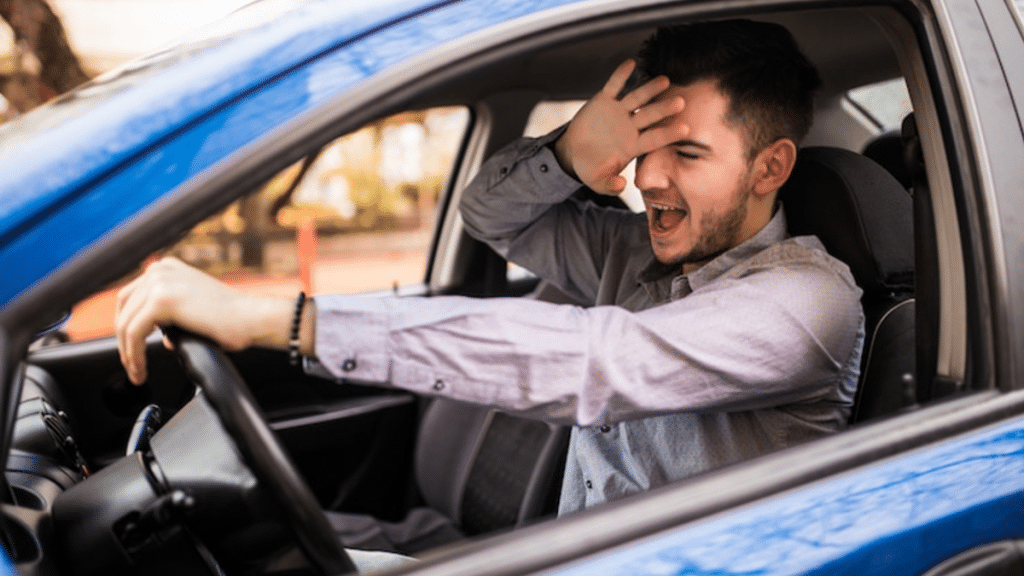As a driver, what you do in the minutes and hours after a car accident matters more than most people think. Every action or inaction gets noticed. Your insurance company watches closely.
If the accident goes to court, the lawyers and judges will dig through everything. If you make the wrong move early on, it could cost you big time, not just in money but in your health and your right to deserve compensation for your injuries.
It doesn’t matter if the crash was a small fender bender or a full-on collision. The mistakes people tend to make are usually the same. They’re common, but they’re serious. And if you’re not careful, they can ruin your chances of getting the help and support you need after the accident.
Not Calling or Reporting to the Police
The first big mistake a lot of drivers make is not calling the police. You might think it’s not a big deal if the cars aren’t totaled or if nobody’s bleeding. But skipping this step is risky. The police turn up to create an official record.
That record tells the story of what happened, where the cars ended up, how bad the damage is, what the drivers said, and what the officers saw. Without that report, it becomes your word against the other driver’s. And that almost never works in your favor.
Even if the other driver says they’ll handle it privately or that they already called the police, you still need to call for yourself. Stay at the scene and wait until law enforcement gets there unless you need emergency medical attention.
Especially in states like California, you’re required by law to report accidents that involve injuries or damage over $1,000. If you don’t, you could end up with fines or even trouble with the DMV. So, no matter how small the crash looks, always report it.
Skipping the Doctor Because You Feel Fine
Another common mistake people make is thinking they’re not hurt just because they don’t feel pain right away. When you’re in an accident, your body floods with adrenaline.
That stress response can mask injuries for hours, sometimes even days. But just because something doesn’t hurt right now doesn’t mean you’re okay. Some injuries, like whiplash or internal bleeding, only show up later. And if you wait too long, those injuries can get worse, fast.
Saying the Wrong Thing Without Realizing It
It’s really common for people to say things like “I’m sorry” at the scene of an accident. We’re trained to be polite when something bad happens, and that phrase just slips out. But in this context, saying sorry can be dangerous. Even if you weren’t at fault, the other driver or their insurance company might use that statement as proof that you admitted guilt.
That’s why it’s important to stay neutral. Don’t discuss whose fault it was. Don’t argue. Just exchange the information you need: their name, their insurance details, and their license plate.
Take a photo of their driver’s license if you can. But leave the debate over blame to the professionals later. What you say at the scene can and will be brought up again, especially if the case ends up in court.
Taking a Bad Deal Just to Make It Go Away
After a crash, insurance companies are often quick to offer a settlement. At first glance, it might seem like a relief; after all, you now have some money to take care of the problem and move on. But you need to be careful. That first offer is rarely fair. And if you accept it too soon, you might be walking away from a lot of money you’ll actually need later.
Once you accept a settlement, that’s it. You can’t go back and ask for more, even if new injuries pop up or your medical bills end up being way higher than you expected.
Insurance companies know this, and that’s why they try to close the deal fast, especially if they know their client was at fault. They want to pay as little as possible and make the problem go away.
If you can, talk to a lawyer who can review the offer and tell you if it’s actually fair. Waiting a little longer can save you from being stuck with bills you can’t pay.
